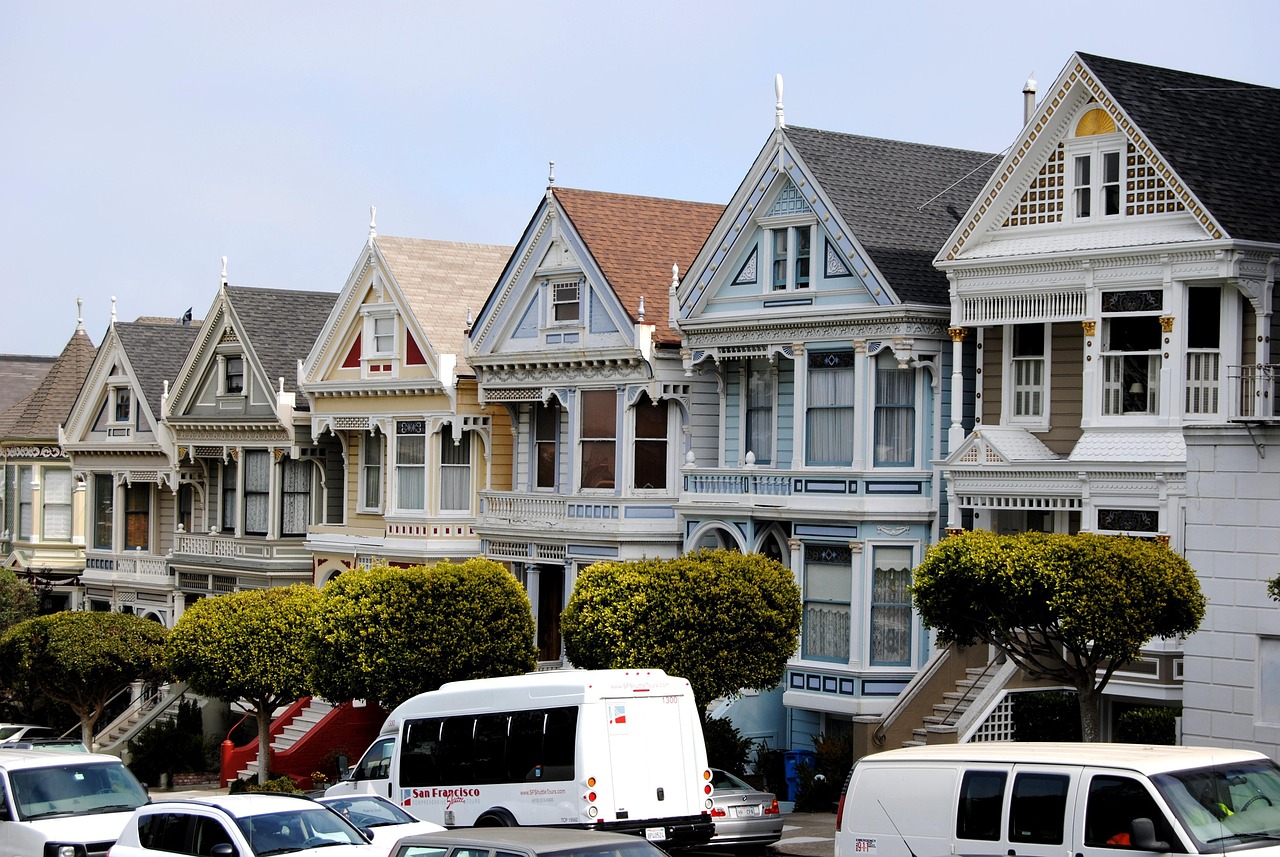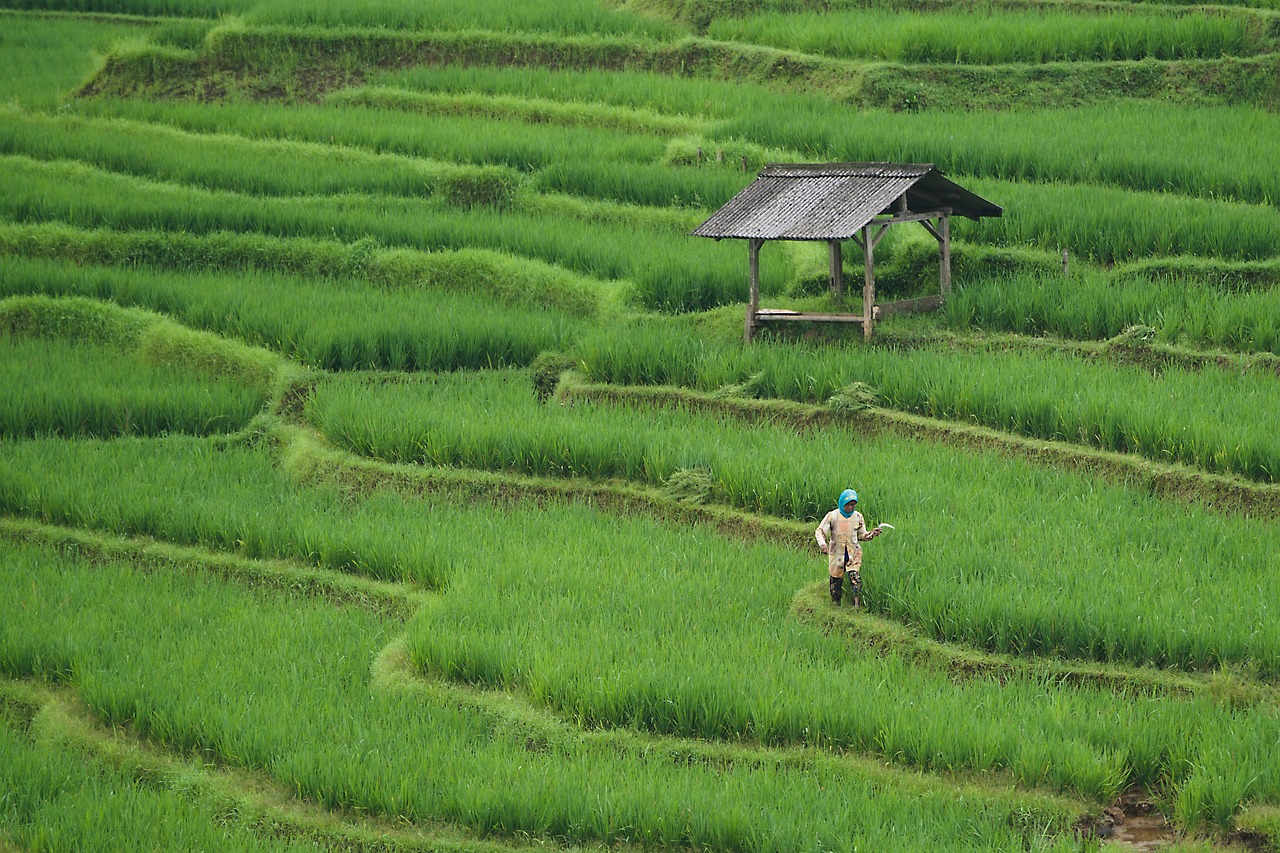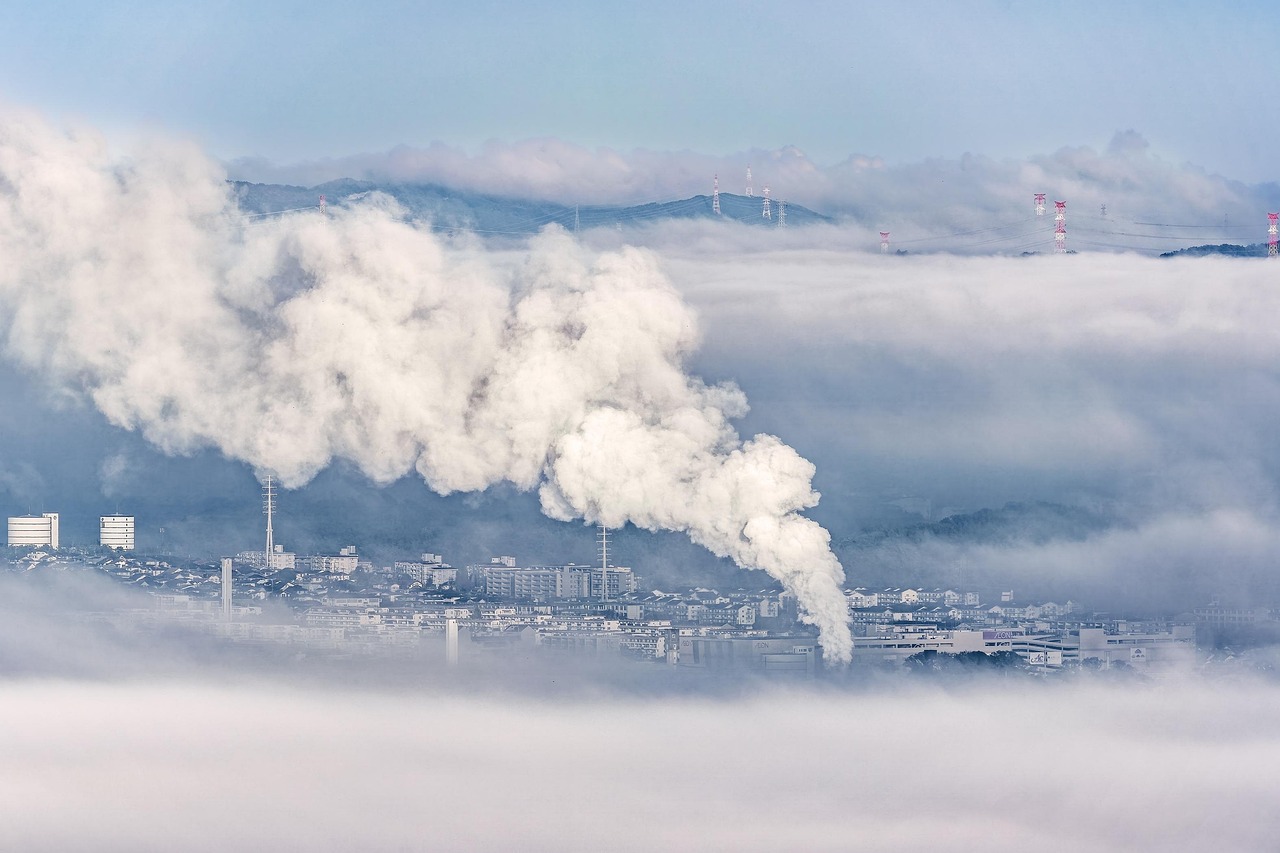Featured
Briefs
Concise and to-the-point summaries of key issues in climate and economics, designed to inform decisions and spark ideas.
Thank you! Your submission has been received!
Oops! Something went wrong while submitting the form.
Climate Innovation
DevelopmentThe Hidden Carbon Cost of Artificial IntelligenceArtificial intelligence is accelerating global innovation, but its massive energy use, data-center demands, and growing emissions reveal a hidden carbon cost that must be addressed through cleaner infrastructure, efficient models, and responsible policy.
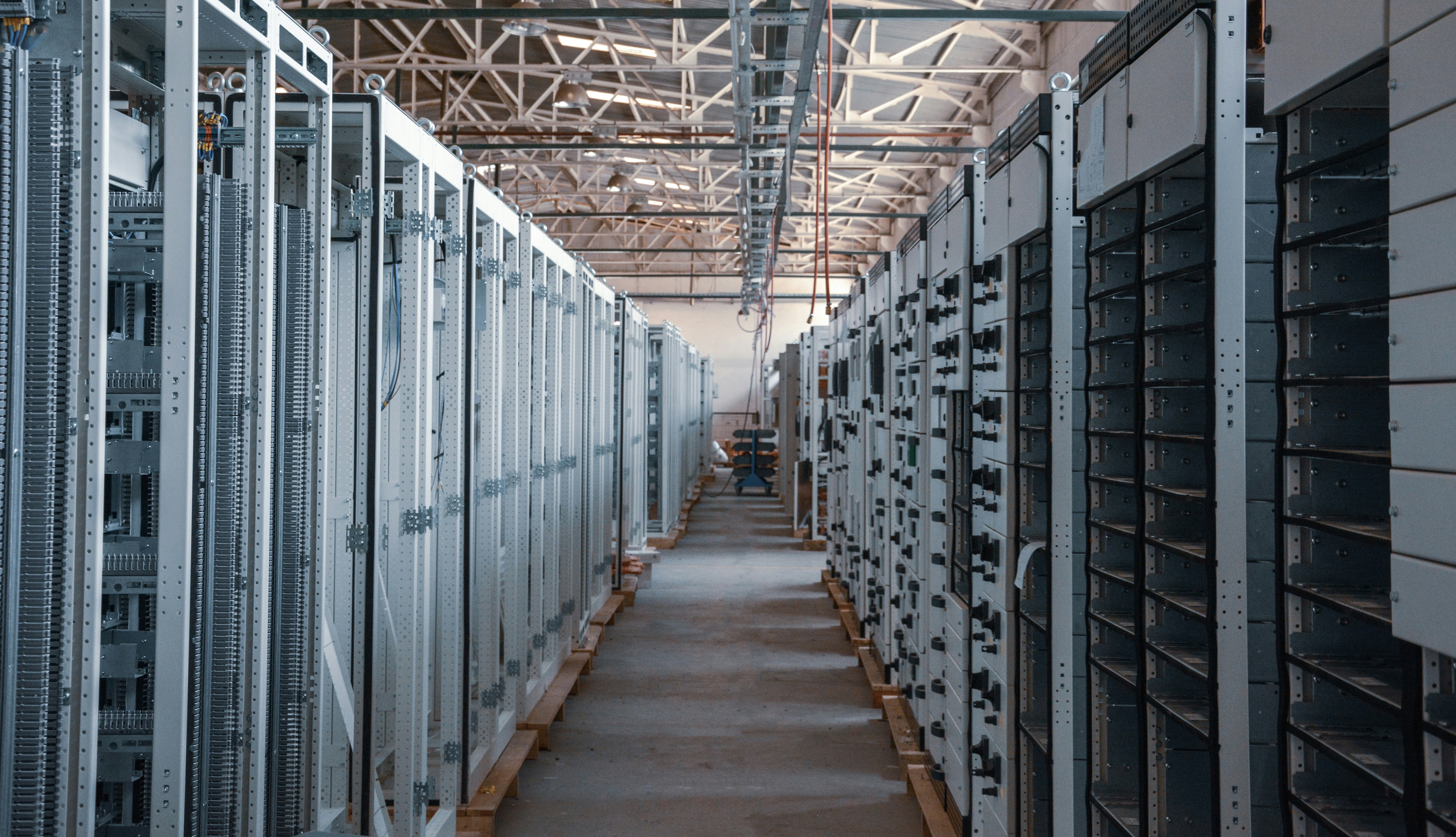
Climate Policy
PolicyThe Great Climate Migration Has Already BegunClimate migration is accelerating as rising seas, drought, heat, and disasters force millions to relocate, reshaping societies and challenging global legal and political systems.

Carbon Markets
FinanceThe Real Price Tag: Why Fossil Fuel Subsidies Hurt More Than HelpFossil fuel subsidies may appear to offer economic relief, but in reality, they distort markets, hinder innovation, and impose mounting climate costs on taxpayers.
.jpg)
Clean Energy
FinancePower Play: Are Renewables Finally Beating Fossil Fuels?Renewable energy is no longer just cleaner, it’s becoming cheaper, faster, and smarter than fossil fuels.
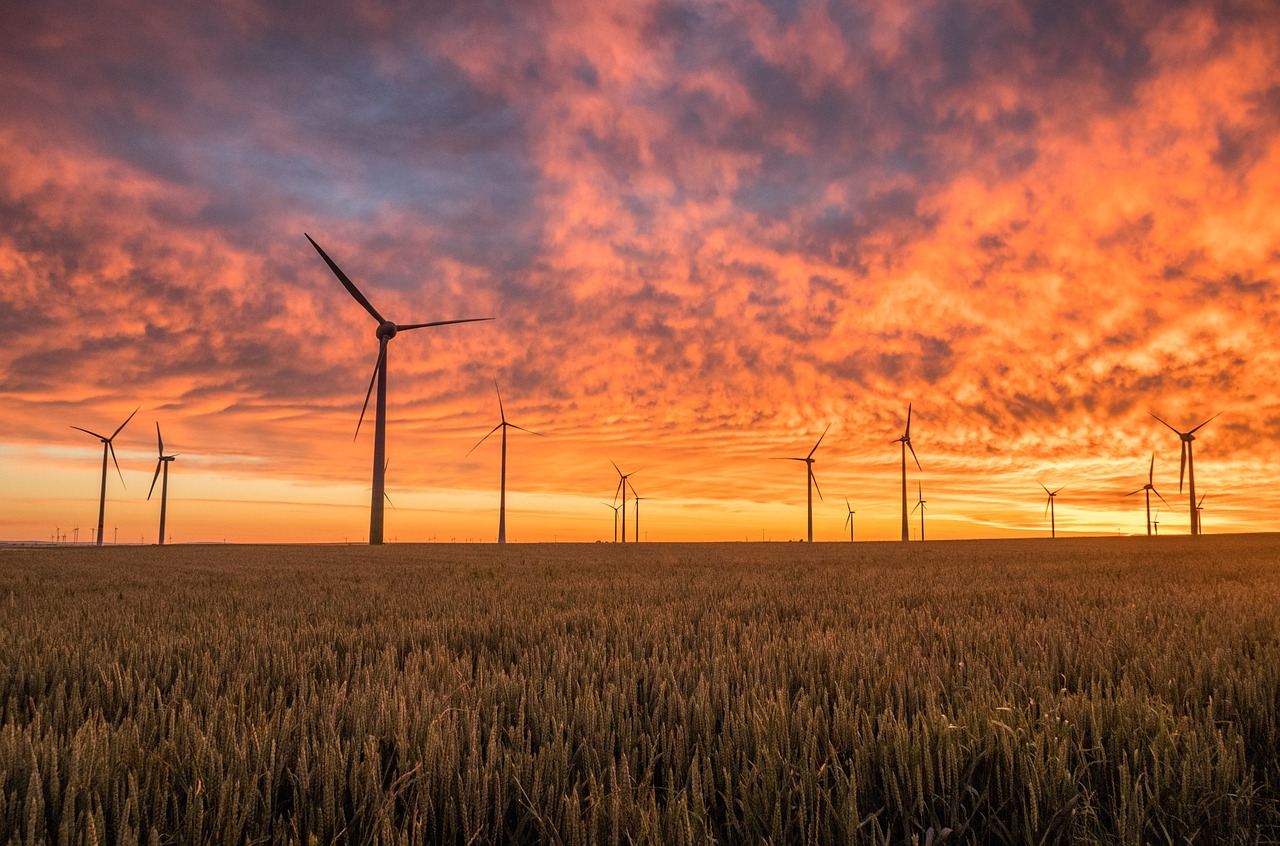
Climate Risk
PolicyWhen the Air Burns: The Hidden Health Crisis of Climate ChangeClimate change is driving a surge in heat-related illness, polluted air, and disease outbreaks, turning a planetary crisis into a public health emergency that demands urgent policy action.
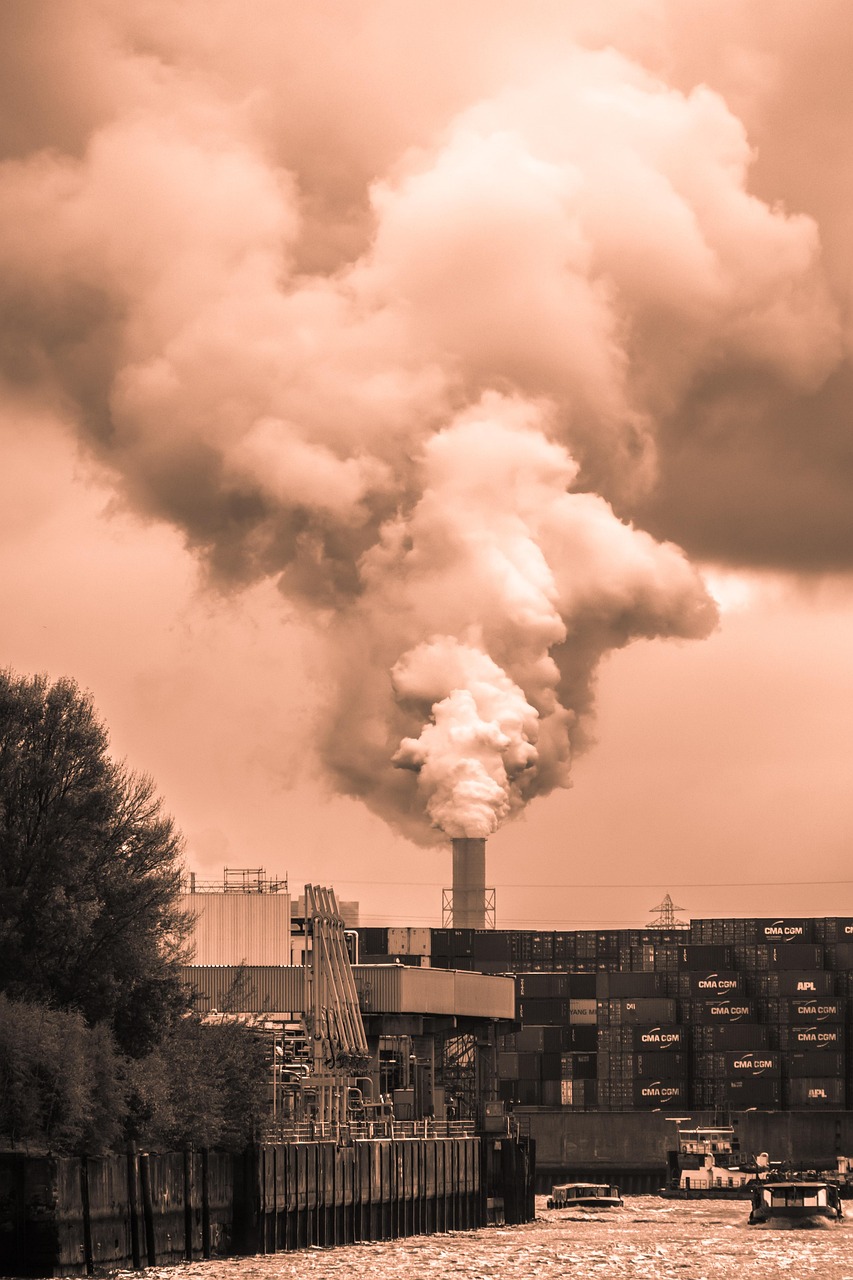
Climate Risk
Food SafetyFrom Farm to Famine: When the Climate Turns Against Our CropsAs rising temperatures and erratic weather reshape farming conditions, food security is under threat, especially for the world’s most vulnerable communities.
.jpg)
Clean Energy
ClimateCan Clean Energy Really Save the Planet?Renewable energy is more than a climate fix: it is a cleaner, safer, and more stable path that could reshape everything from public health to national security.
.jpg)
Climate Policy
PolicyHow Policymakers Can Lead the Fight Against the Agri-Climate CrisisSmart climate policies can help farmers fight rising costs, extreme weather, and food system breakdowns, while building a more sustainable future.
.jpg)
Climate Risk
Food SafetyPlastics and Pollution: Farming’s Hidden CostPlastic is quietly choking the backbone of global food systems, from the soil under our feet to the fish on our plates.
.jpg)
Sustainable Finance
Food SafetyWhy Climate-Smart Farming Is the Next Big InvestmentFrom vertical farms to green bonds, climate-smart agriculture is turning sustainability into a high-growth investment opportunity.
.jpg)
Climate Risk
Food SafetyCan Farmers Beat Climate Chaos Without Breaking the Bank?As climate change drives up farming costs and disrupts weather patterns, farmers face a tough question: can they afford to adapt and survive at the same time?

Climate Innovation
Food SafetyHow Farmers Are Turning Climate Change Into a Growth OpportunityFrom drought-resistant crops to drone-guided irrigation, farmers are adapting to climate change with smart tools and bold strategies that turn risk into resilience.
.jpg)
Climate Policy
FinanceToo Expensive to Ignore: The Soaring Cost of Climate InactionUnchecked climate change is set to cost the global economy trillions, disrupting industries, collapsing supply chains, and creating financial chaos that far outweighs the cost of action today.
.jpg)
Climate Policy
MarketsHow Bold Climate Policy Is Quietly Reshaping the American EconomySmart climate policies aren’t just fighting climate change - they’re unleashing a wave of innovation and investment that’s redefining markets, fueling startups, and reshaping the future of the U.S. economy.
.jpg)
Climate Innovation
DevelopmentCan a Bus Pass Set You Free? The Bold Vision of Universal TransitUniversal Basic Mobility could revolutionize access to jobs, education, and healthcare, proving that a transit pass might just be the most powerful tool for equity in America.
.jpg)
Clean Energy
EnergyOffshore Wind Is Powering Up - Can Coastal Breezes Fuel the Clean Energy Future?Offshore wind energy is fast becoming a clean energy powerhouse, slashing emissions, creating jobs, and tapping the massive potential of coastal winds to power a more sustainable world.
.jpg)
Carbon Markets
PolicyIs Carbon Pricing the Climate Solution We Need?By putting a price on pollution, carbon pricing encourages businesses to go greener, but is it enough to fight climate change and protect the economy at the same time?
.jpg)
Climate Risk
FinanceHow Climate Change Is Driving Up the Cost of Everyday LifeFrom groceries to electricity, climate change is quietly pushing up the cost of essential services and deepening inequality worldwide.

Climate Policy
InequalityWhat If Everyone Had a Place to Call Home?What if housing were not a luxury or a lucky break, but something everyone could count on: safe, simple, and theirs?
